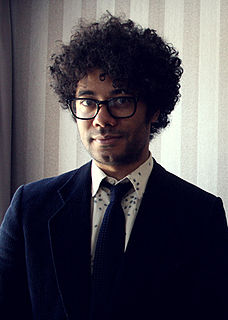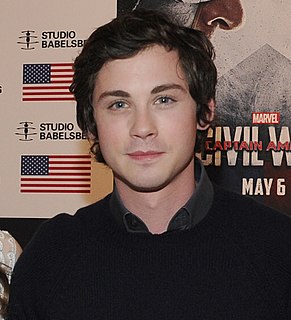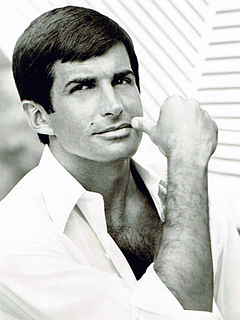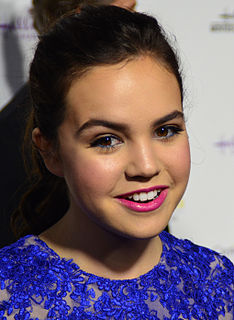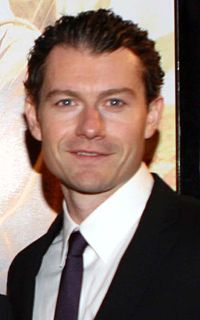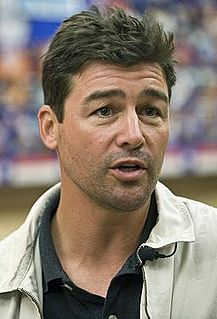A Quote by Shonda Rhimes
My favorite thing to do is rip the covers off a script when reading for writers to hire and make everybody read without names on the covers of the script. I can't tell you how many times my writers, women and men, will pick people of color and women much more often than they would with a cover on the script.
Related Quotes
When you start out as an actor, you read a script thinking of it at its best. But that's not usually the case in general, and usually what you have to do is you have to read a script and think of it at its worst. You read it going, "OK, how bad could this be?" first and foremost. You cannot make a good film out of a bad script. You can make a bad film out of a good script, but you can't make a good film out of a bad script.
At MGM there was a script cage in the basement where they’d show rushes. And I thought to myself, “How do I get into the script cage and find out what my future is?” I climbed into the script cage one night and spent the whole night in there. I saw the bowels of MGM. I saw the studio scripts that the producers had seen; the writers had just handed them in. And I started thinking this is a chance to pick my own roles.
As we were negotiating, I didn't have a script. Once the deal is closed, they let you read the script. So, I got the script and was reading it like, "Oh, please be good!," because I'd already signed on the dotted line. And I read it and just went, "Okay, I'm going to be okay. Thank god!" It was a really funny, moving story.
I think the most important thing is to, without belligerence, stand up for what want. Argue compellingly if someone tries to change your script. Yeah, legally they can if they want to. But rather than give up, as some of the writers do, and just wail about how your script got rewritten, it's much more difficult - but well within the realm of possibility - to argue very sincerely, calmly, and reasonably from your point of view, such that the director or the producer might decide, "All right, let's do it that way."


